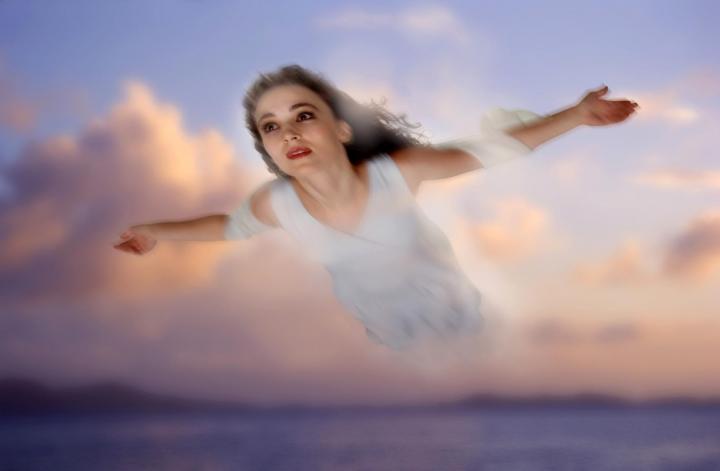
Dreams are almost like movies that we watch in our sleep, and they never fail to fascinate us.
The Stories We Tell in Our Sleep
ADVERTISEMENT
Dreams are the expression of the subconscious mind. During the day the superego controls the contents of our conscious state. During the night this control relaxes and allows repressed elements to emerge. Dreams only use images from daily living as a means to express these elements and should rarely be taken at face value.
i dream every night, and while some of this resonates with me, I'm still not convinced that anybody fully knows what dreams are
Agreed! I'm in the habit of writing down my dreams just for fun. Most of them are wacky and I want them to stay that way. I refrain from trying to "interpret" them because I feel that would ruin the fun. Also, I feel that there simply is no interpretation for many of them and that it's just randomness spawned from a brain free to storm.

 Photo Credit: Thinkstock. Often, a dream is an attempt to find a solution to a bothersome problem.
Photo Credit: Thinkstock. Often, a dream is an attempt to find a solution to a bothersome problem.






